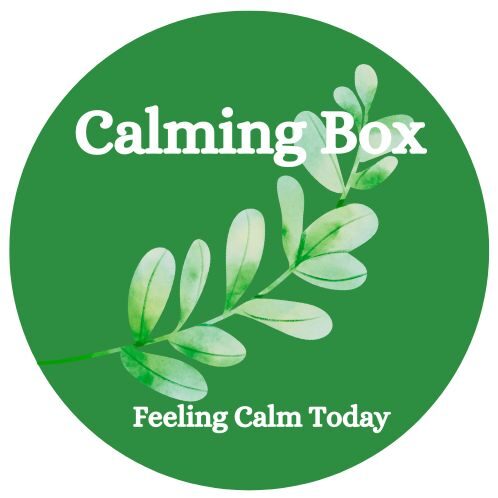Anxiety, often considered a negative and distressing emotion, paradoxically serves as a mechanism through which our brains seek comfort, certainty, and control. While anxiety is typically associated with unease and worry, it plays an intricate role in our lives, aiding us in adapting to challenges and preparing for potential threats. We explore why our brains utilize this seemingly adverse emotion to achieve a sense of comfort, certainty, and control.
Anxiety as a Survival Mechanism:
Throughout human evolution, anxiety has played a crucial role in survival. When our ancestors faced threats in their environment, anxiety acted as a natural response, alerting them to potential dangers and preparing their bodies for a fight-or-flight response. This primitive form of anxiety ensured their survival by increasing vigilance and readiness to act, thus providing a level of comfort in uncertain and potentially dangerous situations.
Seeking Certainty Through Anxiety:
In our modern world, anxiety continues to serve a purpose by helping us seek certainty. When we face uncertain situations, whether in our personal lives or professional endeavors, anxiety can push us to gather more information, plan meticulously, and take precautions. This process allows us to reduce uncertainty, ultimately increasing our sense of control over the situation. Anxiety acts as a catalyst for us to prepare for potential outcomes, providing a degree of comfort through a sense of preparedness.
The Paradox of Control:
Anxiety’s role in seeking control is a complex and intriguing aspect of this emotion. While anxiety can be overwhelming, it motivates us to regain a sense of control over our lives. For example, individuals suffering from generalized anxiety disorders may engage in repetitive behaviors or rituals to mitigate their anxieties. In doing so, they create a semblance of control over their environment, albeit a temporary one. This illustrates how anxiety can lead us to pursue control as a means of alleviating discomfort, paradoxically reinforcing our perception of control.
The Comfort of Familiarity:
Humans seek comfort in the familiar, as it provides a sense of security. Anxiety can function as a mechanism that pushes us to stick with what we know, even if it means avoiding potential risks. This avoidance behavior stems from a desire to maintain a sense of control over our lives. While it may lead to missed opportunities, it allows us to remain within our comfort zones, where anxiety is less likely to surface.
Anxiety is a multifaceted emotion that our brains employ to gain comfort, certainty, and control in various aspects of our lives. From its roots in our evolutionary history as a survival mechanism to its role in seeking certainty and control, anxiety plays a paradoxical role.
While excessive anxiety can be detrimental, a healthy level of anxiety can motivate us to prepare for challenges, gather information, and adapt to new situations. Understanding the underlying mechanisms of anxiety helps us harness its power for positive change and personal growth, ultimately allowing us to navigate the complexities of our modern world with greater resilience and confidence.
Keep growing and learning to empower yourself and find freedom in building your foundation with your own calming box.Gentle steps to make changes when you are able to.

